Staying on top of your health
Most of us say we’re in good health – but we can strive for better.
More than three quarters (77%) of the people in our 2020 Tenant Satisfaction Survey said they are in good health. That’s pretty good, but it also says there’s room for improvement.
-
The Canterbury District Health Board has some great everyday tips and advice about everything from healthy eating and sleeping, to emergency dental care and how to access Maori health teams, on its website.
Cost is often a factor when people decide not to access health care. You can find out more about the financial help that might be available here.
-
You need to enroll at a general practice to be sure you’ll get to see a doctor and pay the subsidised price, if it’s available. Learn more about how to enol on the Canterbury District Health Board website.
You can find your nearest GP’s practice using the Canterbury District Health Board’s practice finder map.
Appointments are free for children under the age of 14 and many practices officer lower fees for people with Community Services Cards.
Read more about how having a Community Services Card might affect fees here.
-
Dental care is free for anyone aged under 18, but they have to be enrolled. You do that by calling 0800 TALK TEETH (0800 825 583). You can read more about this here.
The Community Dental Service provides free dental care for eligible children. It also helps teens find a free family dentist. You’ll find details and locations for their clinics here.
Secondary school children will usually have to visit a private dentist who provides free care with funding from Canterbury DHB.
From the age of 18, you need to pay for dental check-ups and most dental care at a private dentist.
You can find a private dentist in Canterbury on the Dental Council of New Zealand’s website.
If you are on a low income, or have a disability, illness or injury, you can apply for government help. Work and Income has the details.
There are other options for cheaper dental care in Christchurch. You can find details on subsidised dental care for adults on low incomes on the healthinfo website.
There are emergency options, too.

Getting emergency medical care
-
St John says these things are a good sign an incident is an emergency:
chest pain or tightness (may also be felt in arm, jaw, neck or upper abdomen (your tummy))
difficulty breathing
choking
sudden weakness or difficulty talking (this may be a stroke)
fainting or unconsciousness (not being awake)
severe pain
severe bleeding or bleeding that won’t stop
-
Anyone can call 111 when there is a medical emergency. Ask for AMBULANCE. If it’s a non-emergency, call your GP. If you’re not sure whether it is an emergency, call Healthline on 0800 611 116.
-
And remember, there may be a community AED at your complex.
Sometimes, people worry they will be charged for a callout. This isn’t quite right. St John has a part-charge for callouts – but it won’t always be charged to you.
If the callout is to deal with injuries after an accident, ACC will pay the part-charge.
If it is for a medical emergency, you can apply for an MSD grant to cover the fee.
St John also has a Supporter Scheme. Supporters don’t pay for callouts.
The St John Supporter Scheme starts at $55 for one person.
-
Christchurch Hospital is the biggest in the South Island, so it pays to be prepared ahead of your visit.
You can find out more about accessing Christchurch Hospital, and the other CDHB hospitals, here.
The emergency department is for emergencies only. If you are unsure, call Healthline for advice on 0800 611 116 or see your GP.
The emergency department is now in the new Waipapa building, 500m from where it used to be. Here’s a handy map.

Get help to quit smoking
We know smoking can have a big impact on health and wellbeing, and can be tough to quit.
Our 2020 Tenant Satisfaction Survey found 73% of people were non-smokers.
However, 21% of people considered themselves regular smokers, which means they smoke more than once a day.
The New Zealand Health Survey found about 13.4% of adults nationally were smokers.
In our survey men (27%) and those aged 25-49 (33%) were most likely to be regular smokers than the rest.
Of non-smokers, 34% used to be regular smokers. That suggests there is hope for people struggling to give up.
Smokefree New Zealand has some great resources to help people stop smoking. You can read more here.
Stop Smoking Canterbury also has many online resources to help out.
Quitstrong has some awesome tips to help make quitting easier, too.

